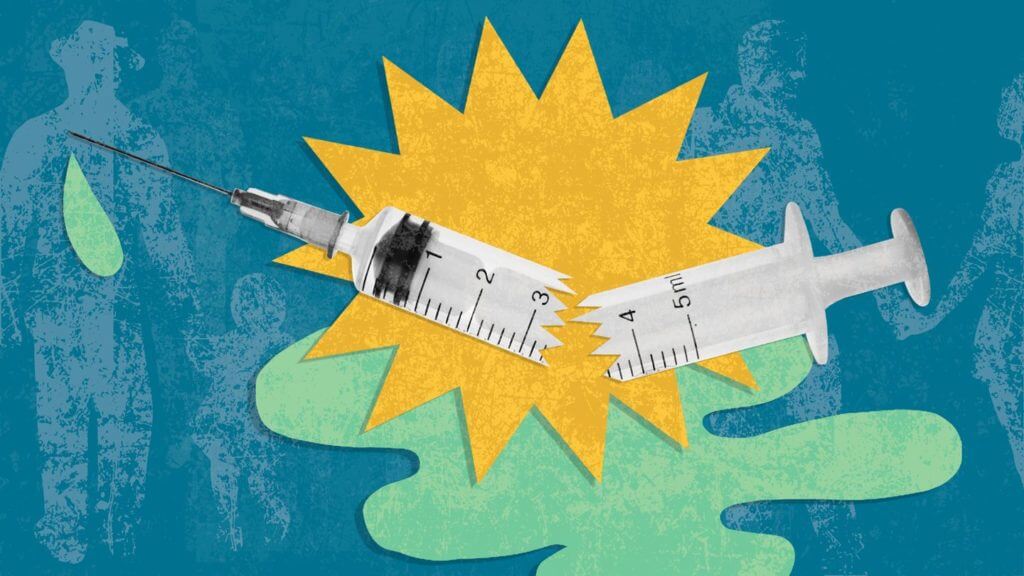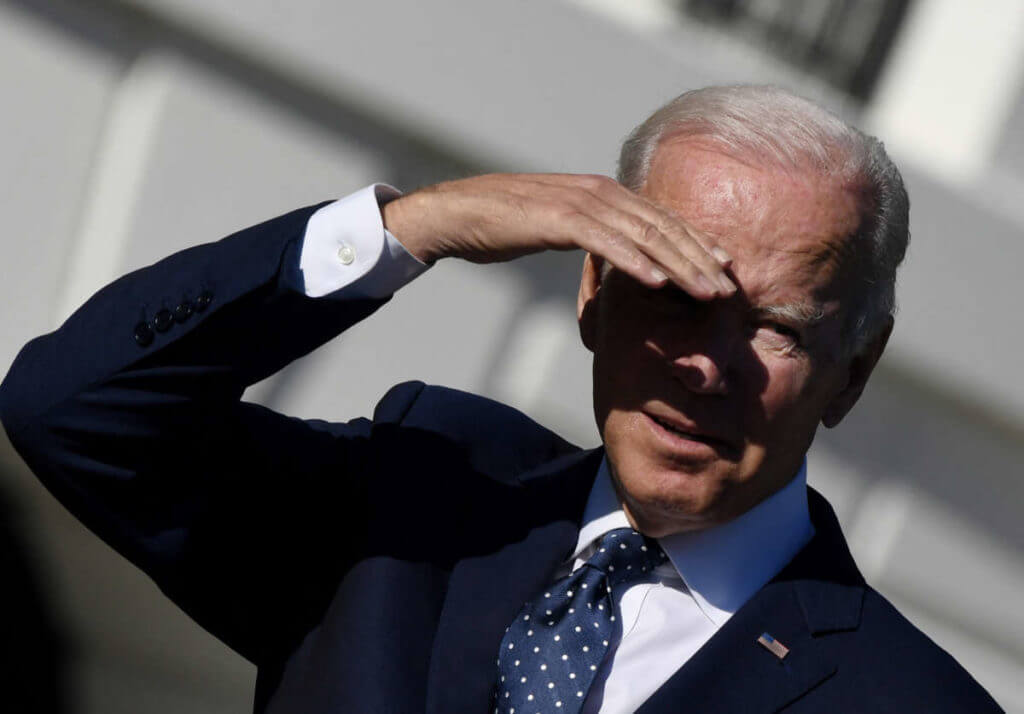How Many U.S. Agencies Are Funding Peter Daszak and EcoHealth Alliance Pulling Viruses Out of Animals?

EcoHealth Alliance CEO Peter Daszak just got another taxpayer-funded windfall. Instead of being deposed regarding his firm’s work at the Wuhan Institute of Virology, he is receiving a new pile of cash from the United States Agency for International Development (USAID). The new award gives EcoHealth Alliance $4,675,023 for a five-year project in Liberia, on the continent of Africa. USAID awarded the funding well after serious questions surfaced about EcoHealth Alliance’s coronavirus research. There are ample concerns about whether those activities violated the Obama administration’s ban on gain-of-function research even if they did not create the SARS-CoV-2 virus.
According to USASpending.gov, USAID provided the new funds under the Foreign Assistance Program. According to the website, the program objective is:
The Foreign Assistance Program works to support long-term and equitable economic growth and advance U.S. foreign policy objectives by supporting economic growth, agriculture and trade; global health; and democracy, conflict prevention and humanitarian assistance.
Further, the award description references the USAID Conservation Works Activity (CWA). According to the financial assistance manager who submitted, the CWA mission reads:
USAID CWA IS TO CONSERVE THREATENED AND ENDANGERED SPECIES BY STRENGTHENING PROTECTED AREAS AND HELPING COMMUNITIES BE LESS RELIANT ON PROTECTED RESOURCES FOR THEIR LIVELIHOODS.
So maybe EcoHealth Alliance is going to Liberia to educate residents on the dangers of eating bat soup. However, when you go to the website, it appears that all of EcoHealth’s missions revolve around identifying viruses in wildlife that could be “emerging threats.” This mission is the same one Daszak proposed to DARPA in the PREEMPT program. That proposed project aimed to identify new zoonotic pathogens that might jump from animals to infect humans. Ecohealth Alliance proposed sending teams into the woods to stick Q-tips into the mouths, ears, and rear ends of wild animals. – READ MORE




Responses